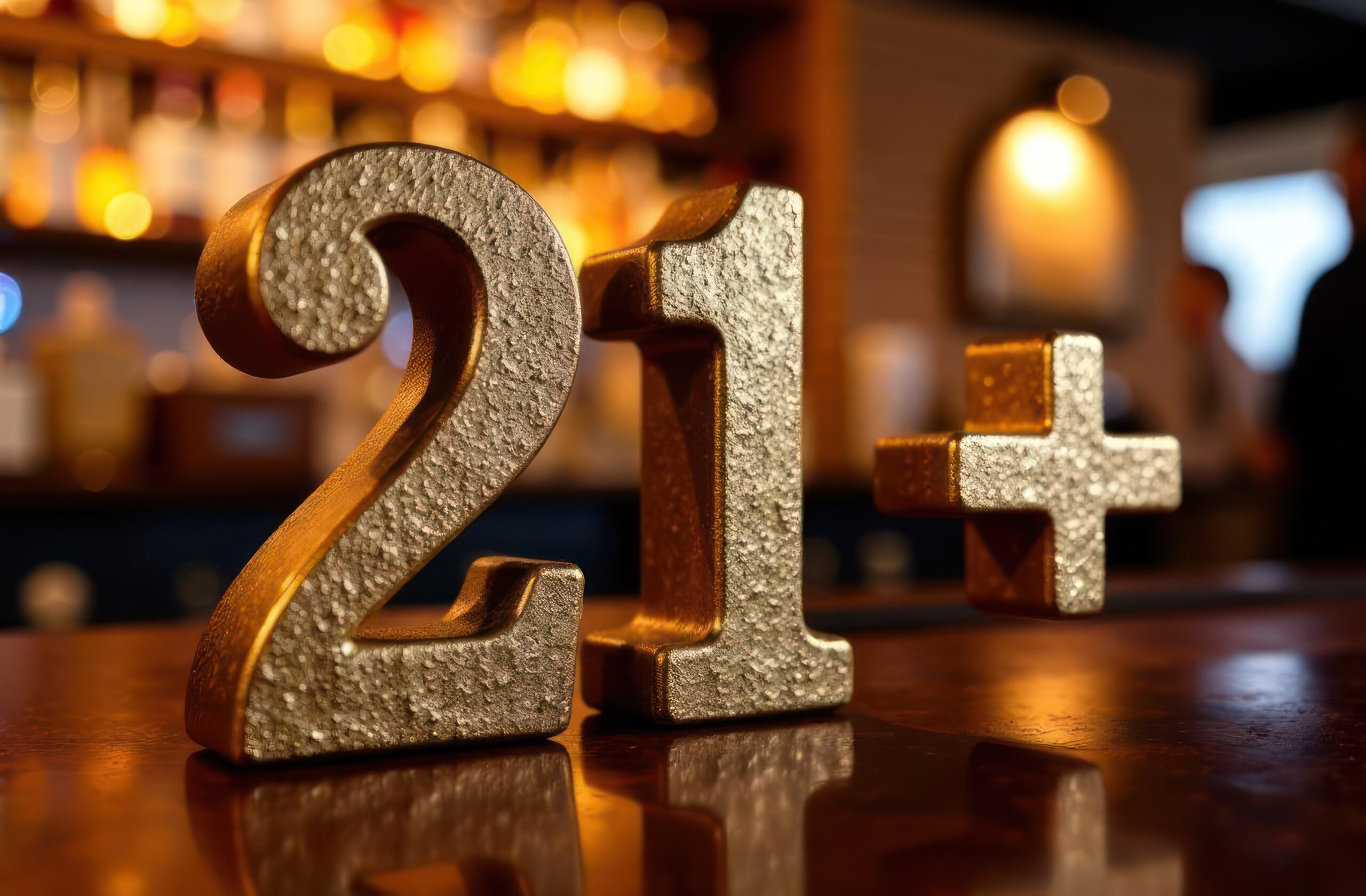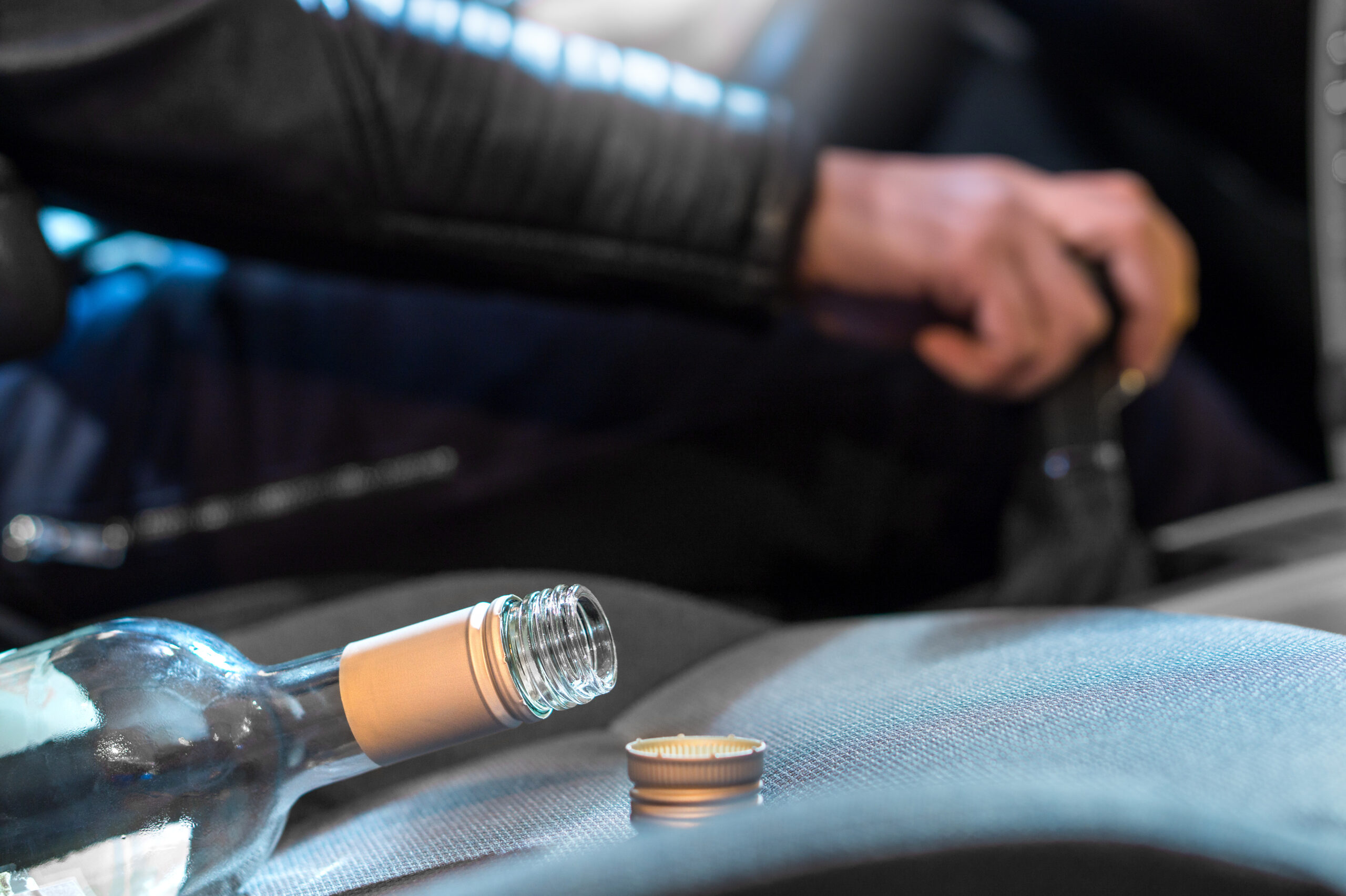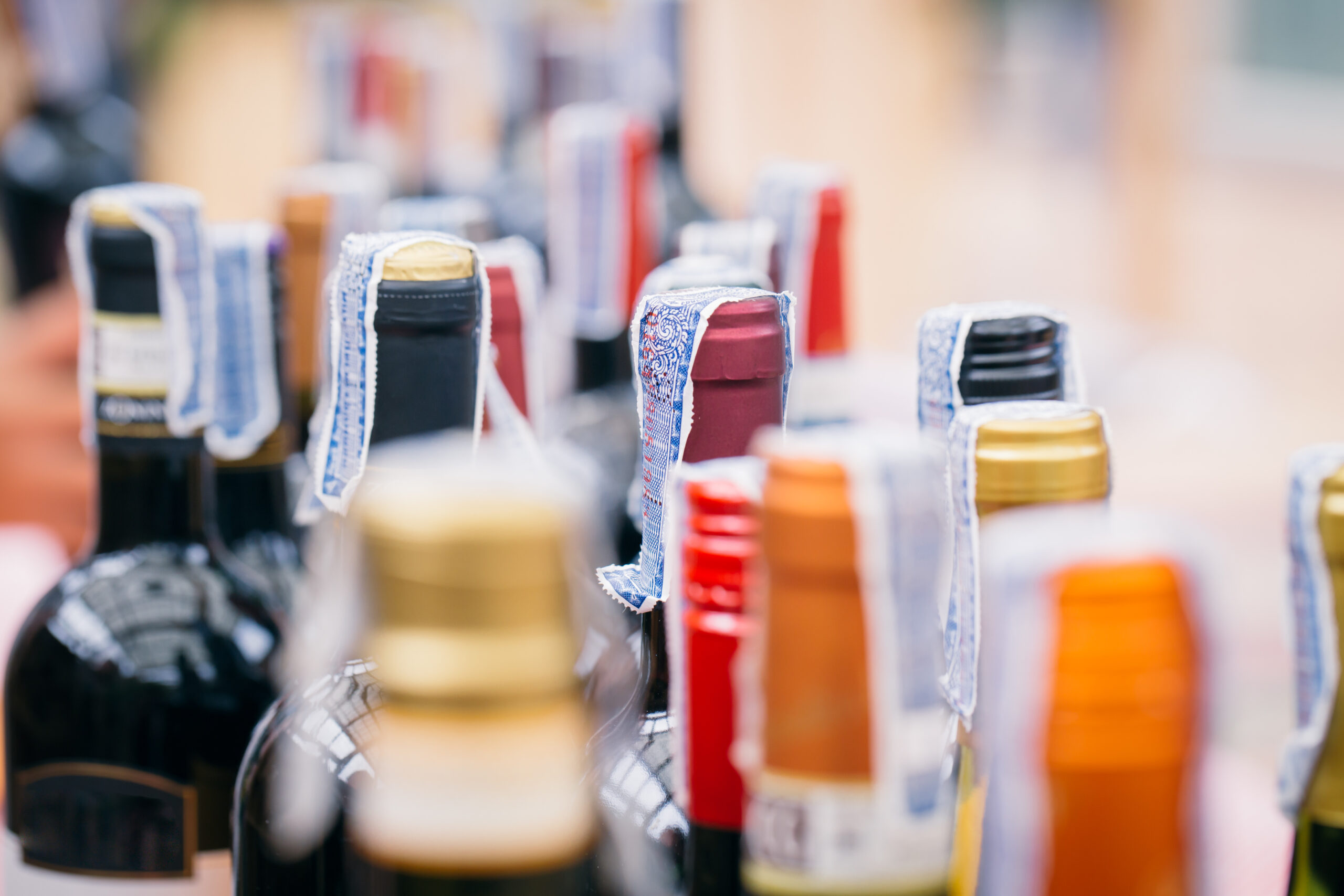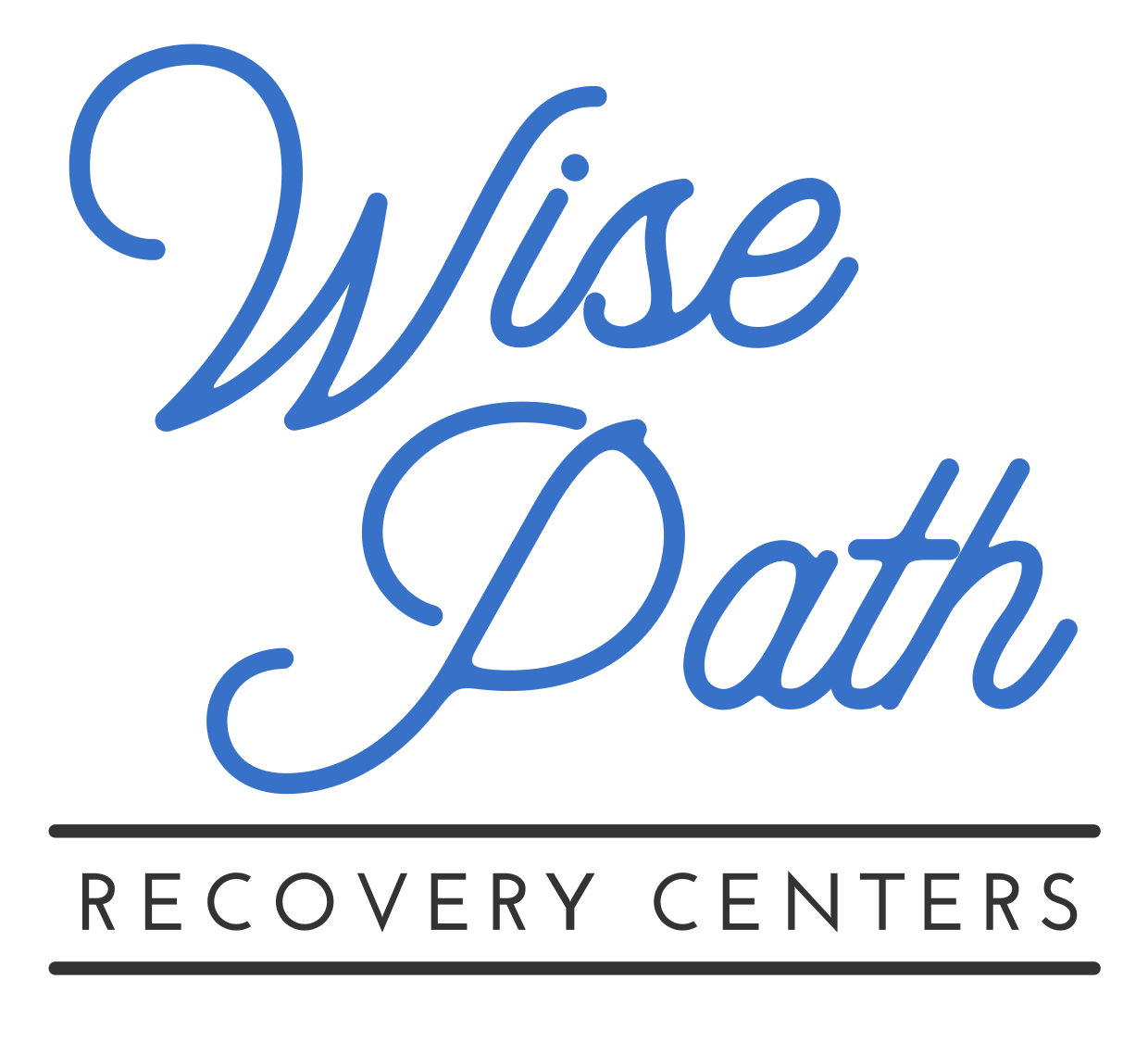Take the first step toward recovery can feel overwhelming, but you don’t have to do it alone. For many in West Virginia, understanding how alcohol laws intersect with personal health and legal consequences is the beginning of change. Whether you’re dealing with the fallout from a legal issue or recognizing that alclhol is affecting your life, support is available.
Can You Buy Liquor on a Sunday in WV?
Yes, liquor sales are permitted on Sundays in West Virginia. Thanks to a 2016 law allowing counties to opt in, alcohol can now be sold beginning at 6 a.m. on Sundays. This applies to both on-premises locations (like bars and restaurants) and off-premises retailers (like liquor and grocery stores). However, each county has the right to decide whether or not to allow Sunday sales, so hours may vary depending on where you are in the state.

The Legal Drinking Age in West Virginia
The legal drinking age in West Virginia is 21. Anyone under the age of 21 is prohibited from purchasing, possessing, or consuming alcoholic beverages, unless it’s part of a religious ceremony or lawful employment (e.g., bartending or serving in restaurants). Businesses are required to check ID and may face fines or license suspension if they serve alcohol to underage patrons.
There are also consequences for underage individuals caught with alcohol, including community service, mandatory alcohol education classes, and possible license suspension. Parents and guardians may also be held liable in some cases. It’s important to note that even a small amount of alcohol in someone under 21 could result in criminal charges, especially if driving or causing harm to others.
Drug & Alcohol Rehab and
Addiction Treatment in West Virginia
Get in touch with our recovery center today at 866-860-9772
Open Container Laws in West Virginia
The open container law in West Virginia makes it illegal to have an open alcoholic beverage in the passenger area of a motor vehicle. This applies to both drivers and passengers, regardless of whether the vehicle is moving or parked. An “open container” refers to any alcoholic beverage that has been opened, has a broken seal, or has had some of its contents removed.
Containers must be stored in a location not easily accessible from the front seat, such as the trunk or a locked glove compartment. Simply placing it on the floor or in the back seat does not meet the requirement. Violating this law can result in fines and legal consequences, especially if coupled with impaired driving.
This law is strictly enforced and is designed to discourage drinking and driving. Travelers and residents alike should be mindful of these rules, particularly during tailgating, road trips, or when transporting leftover drinks from a restaurant or party.

How to Obtain a West Virginia Liquor License
If you want to serve liquor in WV, you’ll need a license. Here’s how to get one:
Determine Your License Type
West Virginia offers several license types, depending on whether your business is a restaurant, bar, retail store, or event-based venue. Choose the license that fits your intended use, as each type comes with specific requirements and fee structures.
Complete the Application
Download and complete the liquor license application from the West Virginia Alcohol Beverage Control Administration (WVABCA). You’ll need to provide detailed business information, floor plans, personal identification, and background checks.
Submit Supporting Documents
Include required materials like health permits (for on-site consumption), zoning approvals, and proof of state registration. These documents must be up to date and complete to avoid application delays or rejections.
Pay Fees and Await Approval
Submit the application with the necessary fees. Costs vary based on license type. Once submitted, the WVABCA will review and process your application. Approval may take several weeks, and you’ll receive confirmation once approved.

WV On-Premises Regulations
On-premises consumption refers to locations where alcohol is served and consumed on-site, such as bars, restaurants, or taprooms. In West Virginia, these businesses must have a valid liquor license and must follow state and local operating hours. Alcohol can generally be served between 6 a.m. and 2 a.m., including Sundays.
Servers must complete state-approved alcohol training, and establishments are required to check IDs to prevent underage drinking. Over-serving customers can also result in penalties. The state encourages responsible service to promote safety and compliance.
WV Off-Premises Regulations
Off-premises alcohol sales refer to products bought for consumption elsewhere, like in homes or at events. This includes sales from liquor stores, grocery stores, gas stations, and convenience stores. Licensed retailers can sell alcohol daily, beginning at 6 a.m. and continuing until 2 a.m., depending on local restrictions.
Retailers must ensure age verification and cannot sell to visibly intoxicated individuals. While beer and wine are commonly found in grocery and convenience stores, liquor can only be sold by specially licensed businesses.
Drug & Alcohol Rehab and
Addiction Treatment in West Virginia
Get in touch with our recovery center today at 866-860-9772
Where Is Alcohol Allowed to be Sold in West Virginia?
West Virginia alcohol laws allow alcohol to be sold in many places across the state, although not every store offers hard liquor.
Grocery Stores
Grocery stores in West Virginia are permitted to sell beer and wine if they have the appropriate license. Sales can begin as early as 6 a.m., including Sundays, depending on the county. However, hard liquor is not typically available in grocery stores and must be purchased from a separate, licensed liquor outlet.
Liquor Stores
Liquor stores are the primary retail outlets for distilled spirits. These stores are licensed by the state and must adhere to specific regulations regarding inventory, signage, and hours. They are permitted to sell alcohol every day of the week, including Sundays, starting at 6 a.m., unless restricted by county laws.
Gas Stations and Convenience Stores
These locations may sell beer and wine if they obtain the proper retail license. They must follow the same operating hours and age-verification rules as other off-premises sellers. Liquor is not sold in gas stations or standard convenience stores under current West Virginia alcohol laws.
Bars and Restaurants
Bars and restaurants can serve alcohol for on-site consumption if they are properly licensed. They may also sell sealed containers (e.g., to-go cocktails or beer growlers) for off-site use if permitted under their license class. These businesses are allowed to operate daily and offer alcohol from 6 a.m. to 2 a.m.
How Wise Path Can Help with Recovery
Navigating West Virginia alcohol laws may uncover deeper issues that prompt you to explore alcohol treatment. If alcohol use is impacting your life, Wise Path Recovery Centers can help you with everything from handling withdrawal symptoms during detox to thriving in residential, intensive outpatient, or outpatient care.
Whether you’re dealing with legal trouble or seeking a healthier relationship with alcohol, our compassionate team offers personalized care and support. Reach out today to begin your journey to recovery.
Start Your Recovery Today
If West Virginia’s alcohol laws have prompted you to reflect on your relationship with alcohol, you’re not alone. Whether you’re facing legal consequences or simply ready for change, Wise Path Recovery Centers in Parkersburg offers compassionate, evidence-based care tailored to your needs. Our team is here to support you every step of the way. Reach out today to take the first step toward a healthier, more stable future.
Reach out today and find the support that is right for you.
FAQs About West Virginia Alcohol Laws
Can a passenger drink in the car in WV?
No, passengers aren’t allowed to drink alcohol in a moving vehicle in West Virginia. In fact, the state’s open container law prohibits open alcoholic beverages in the passenger area of a vehicle, regardless of who is drinking and even when the car is stationary.
Can minors serve alcohol in West Virginia?
Yes, individuals aged 18 and older may serve alcohol in West Virginia, but only if they are employed in an establishment with the proper license and meet training requirements.
Do I need a license to sell alcohol at an event in West Virginia?
Yes, temporary or one-time event licenses are available through the West Virginia Alcohol Beverage Control Administration (WVABCA) and must be obtained in advance.
Can you carry alcohol in a backpack or a cooler in public in West Virginia?
Only in certain circumstances. Carrying open alcohol in public spaces like parks or sidewalks may be restricted or prohibited, depending on local ordinances.
Where can I buy alcohol in West Virginia?
You can buy alcohol at liquor stores, grocery stores, gas stations, and restaurants/bars, depending on the type of alcohol and the license held by the business.
Is it legal to walk around with a drink in West Virginia?
No, public consumption of alcohol is generally not allowed in West Virginia unless you’re in a designated area (such as a licensed festival or event).
What happens if I violate West Virginia alcohol laws?
Violations can result in fines, license suspensions, criminal charges, or mandatory education programs, depending on the severity and nature of the offense.

